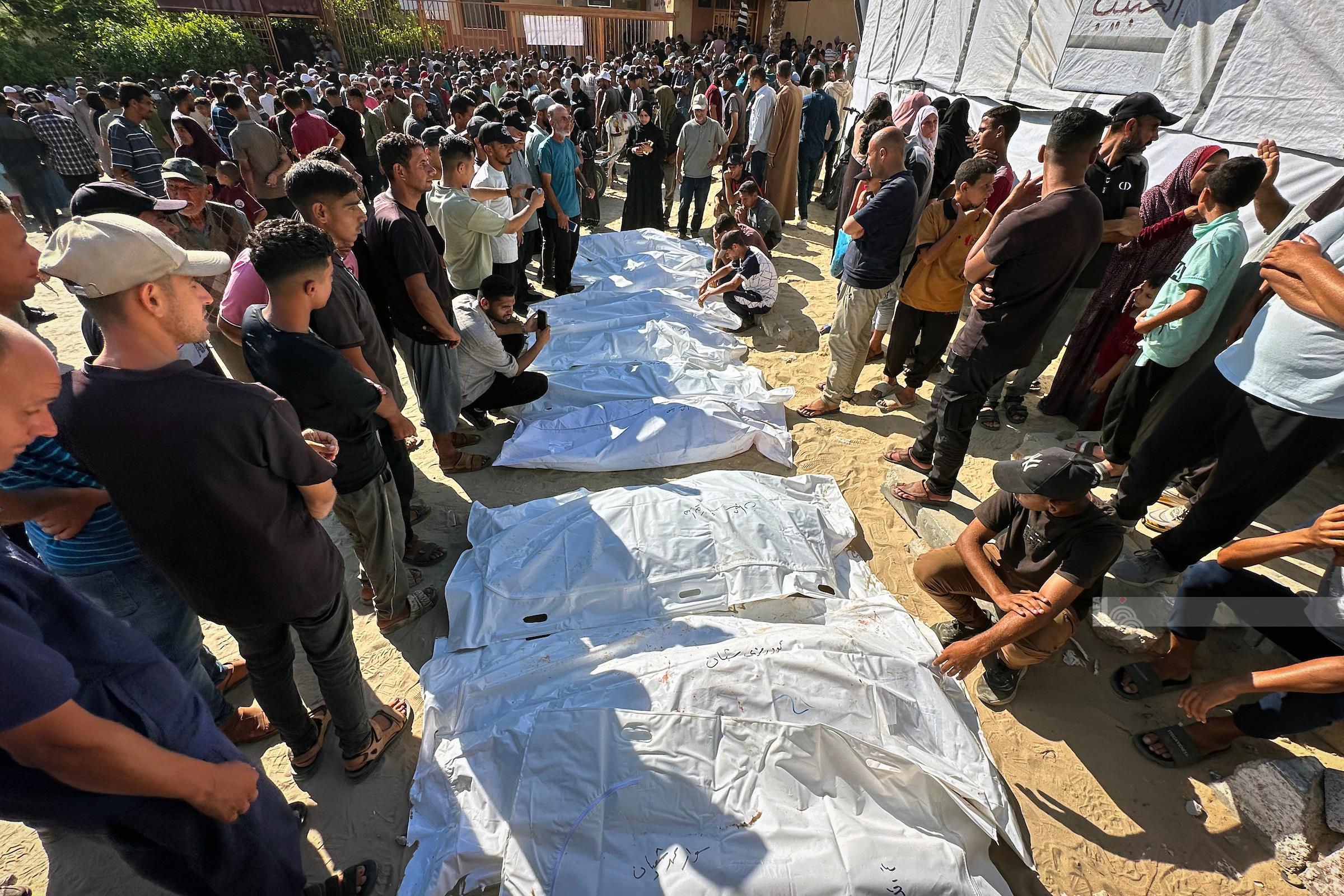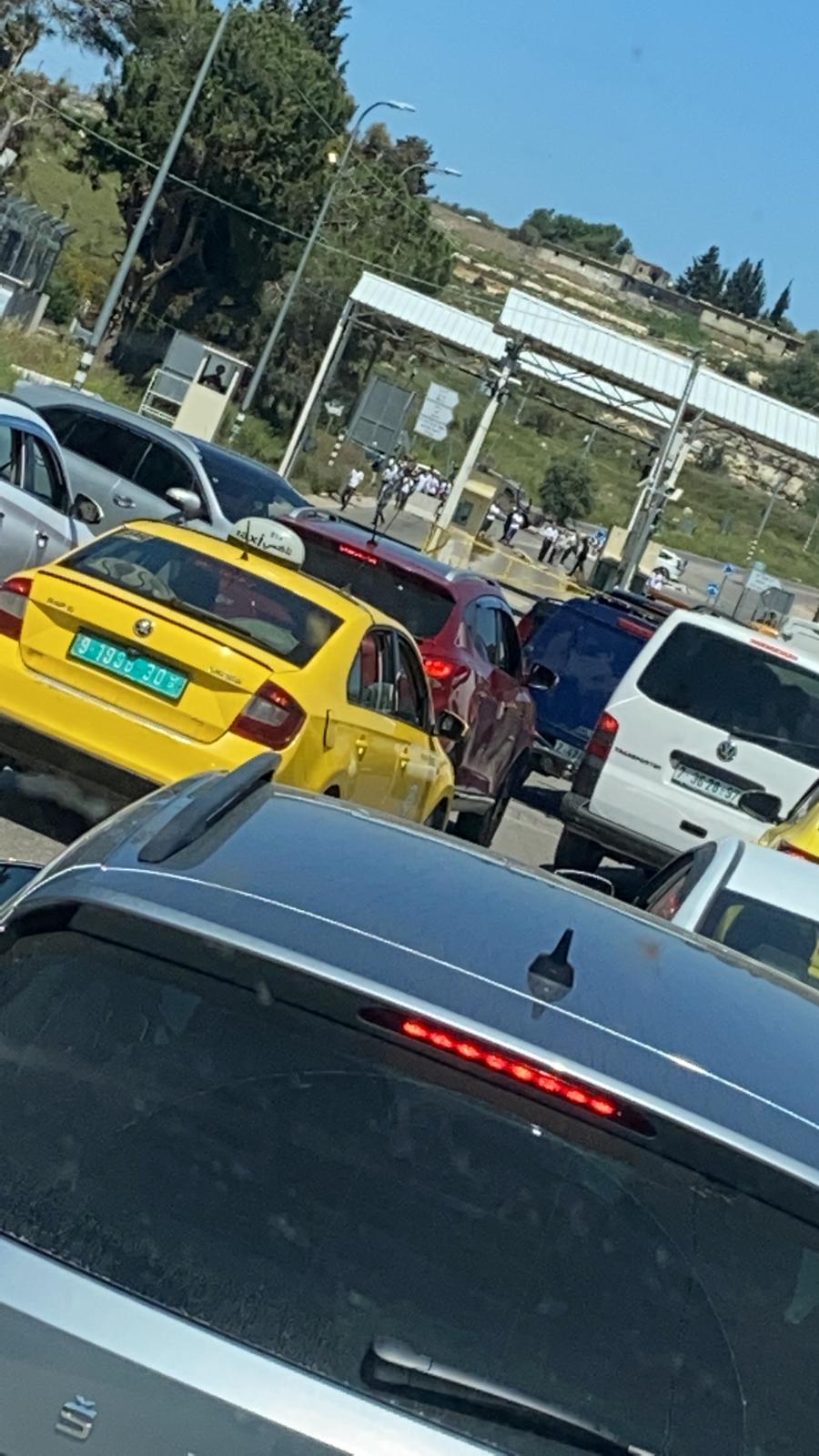RAMALLAH, June 23, 2011 (WAFA) – The Palestinian Central Bureau of Statistics (PCBS) said Thursday that 99.8% of households in the Palestinian territory were connected to the public electricity network in January 2011, where it was 96.8% in the same period of 1999.
In a press release, the PCBS said that 72% of households used a normal Electricity Meter, while 28% of households used a Prepaid Electricity Meter as of January 2011.
64% of households have solar energy heaters in January 2011, while it was 62% as of January 2010.
The average of household consumption of electricity was 266 KWh in January 2011 compared to 254 KWh in January 2010.
The average of household consumption of gasoline was 46 liters in January 2011. It was 89 liters in the Middle of West Bank but did not exceed 16 liters in Gaza Strip.
The average of household consumption of liquefied petroleum gas was 21 kg in January 2011 compared to 20 Kg in January 2010.
The average of household consumption of wood (among those households using wood) was 228 kgs in January 2011. It reached 419 kgs in the South of West Bank and 75 kgs in Gaza Strip.
47% of households use electricity as a main source for heating of water , 13% of households depend on solar energy heaters, 31% of households depend on liquefied petroleum gas, 8% depend on wood and 1% of households depend on kerosene for heating water as of in January 2011, said the PCBS
28% of the households don't heat their houses, while it reached 58% in Gaza Strip and did not exceed 12% of households in West Bank. As for the Households that heat their houses, the results showed that 36% of households depend on liquefied petroleum gas as a main source for heating, 35% of households depend on electricity, 26% depend on wood and 2% of households depend on kerosene as a main source for heating.
PCBS implemented the Household Energy Survey for January 2011 during the period between 20/02 to 31/03/2011, Covering energy indicators (electricity, petroleum fuel, and other types of energy) in household activities as for cooking, baking, water heating, and house heating.
T.R.











